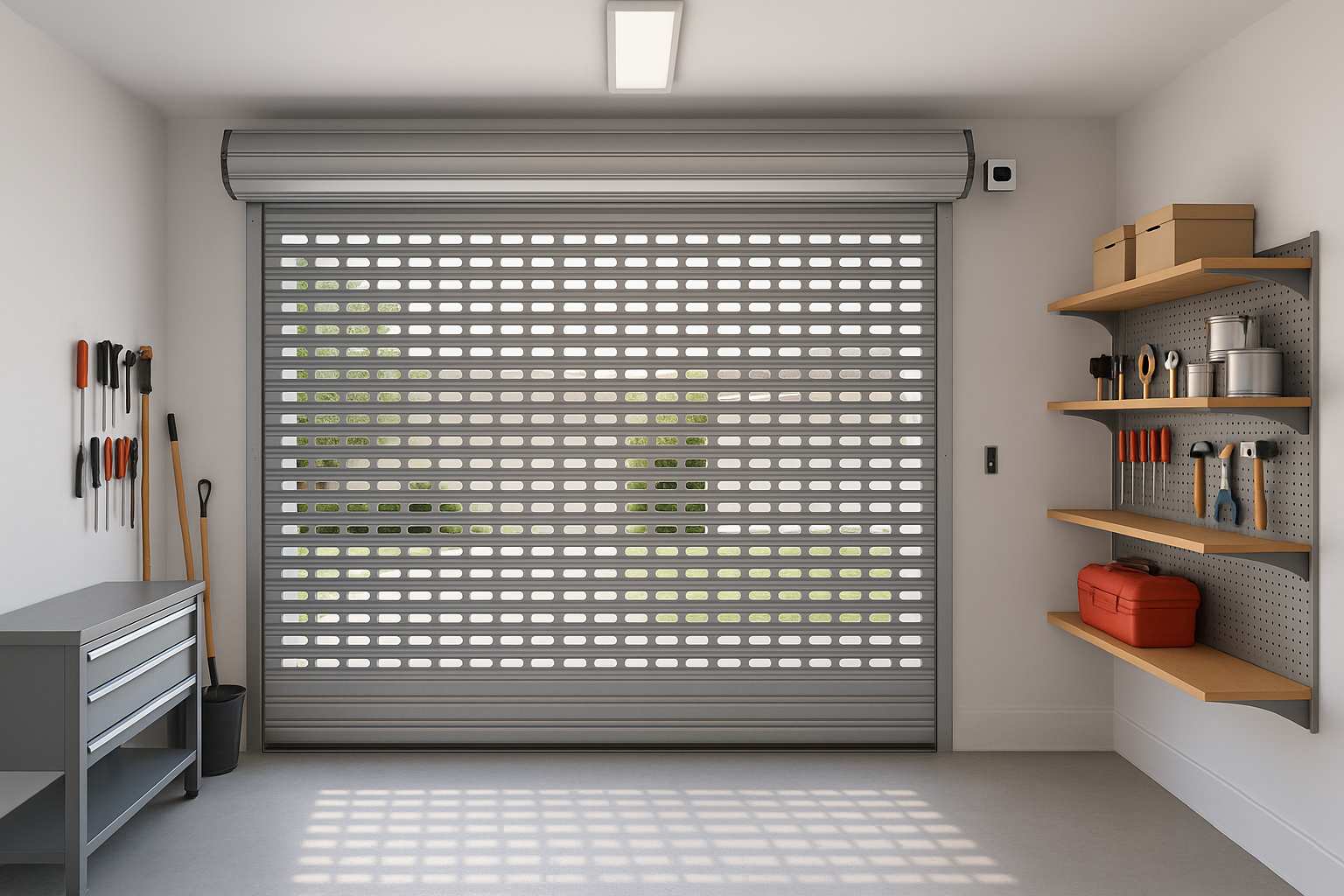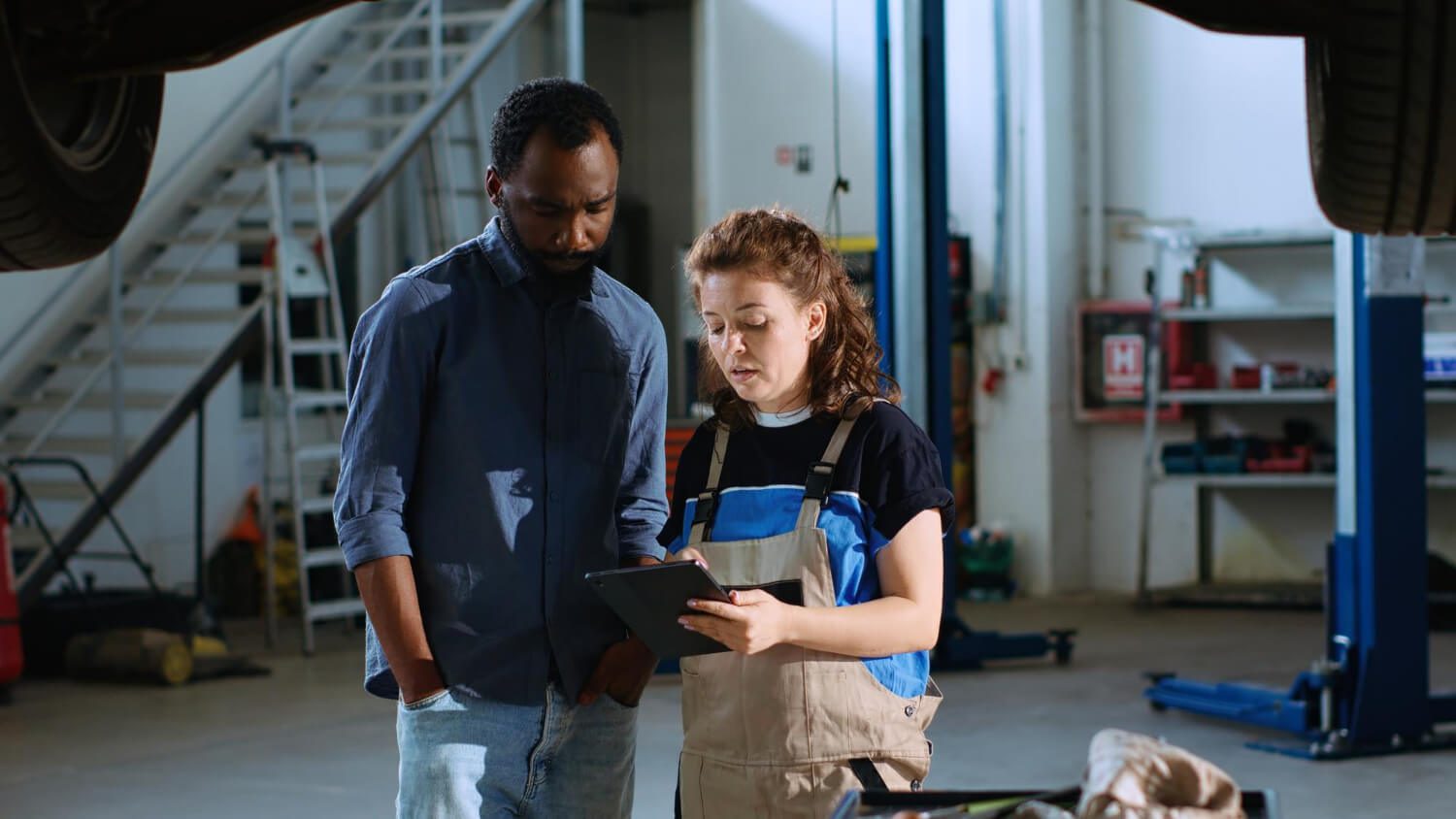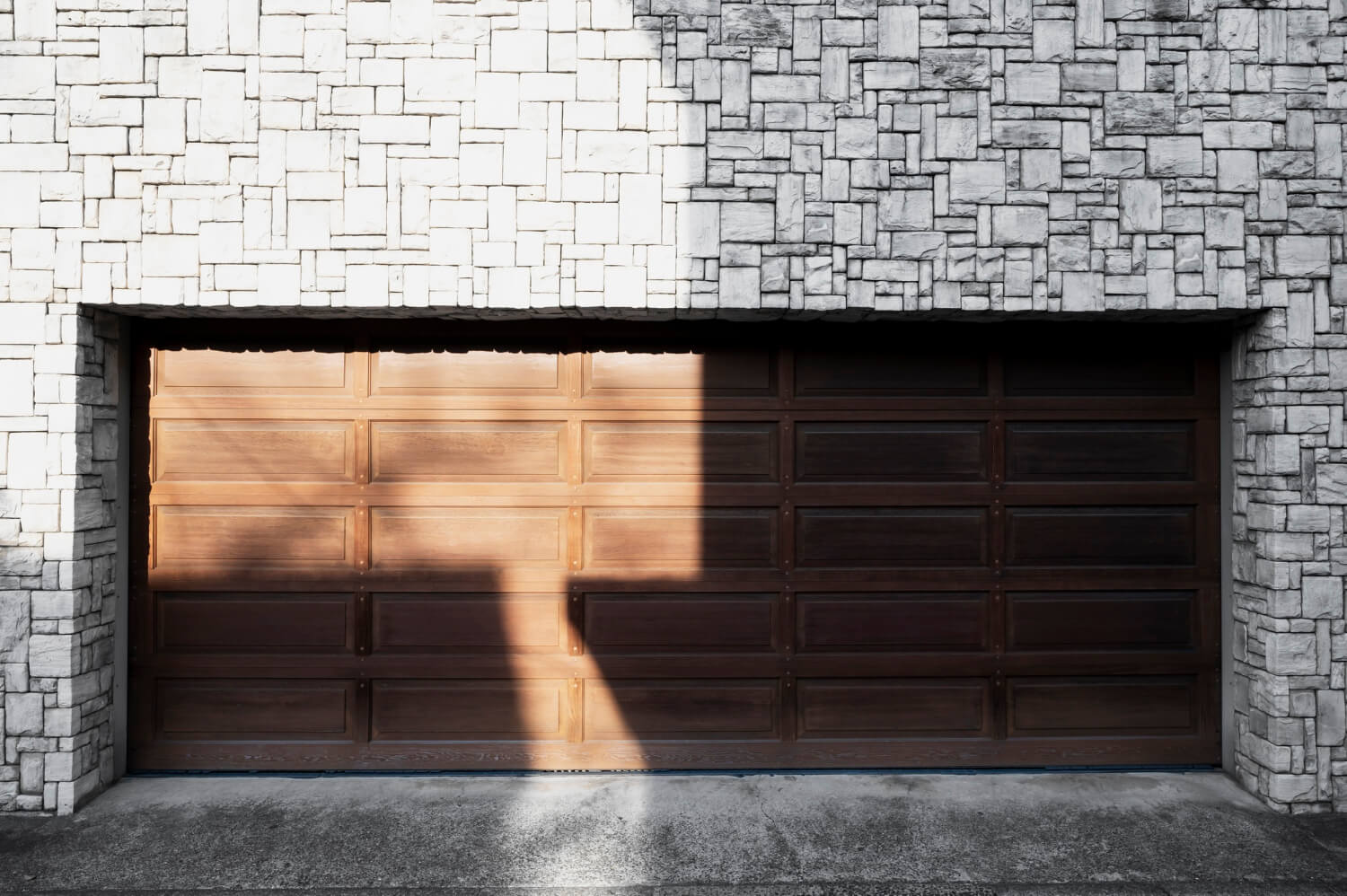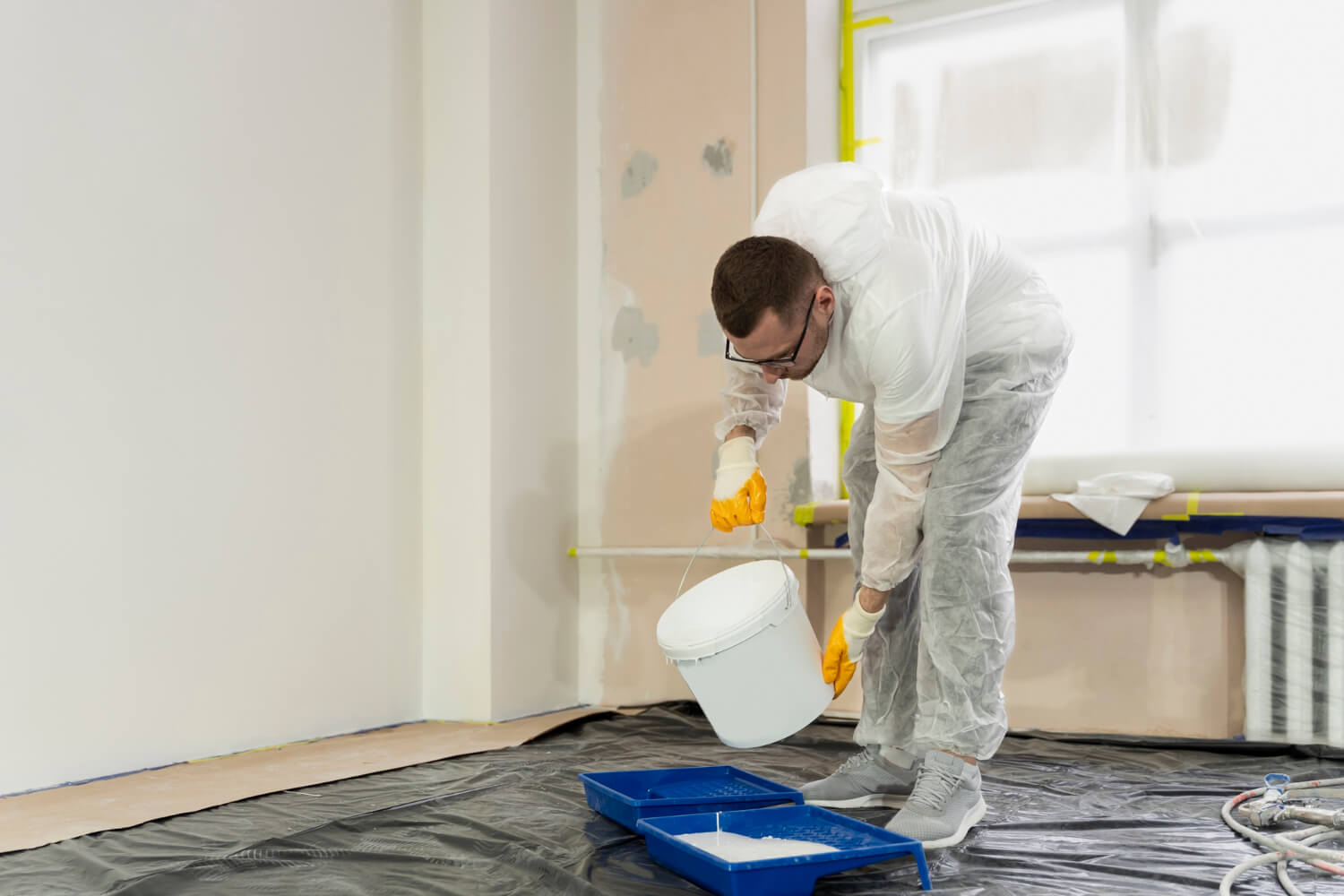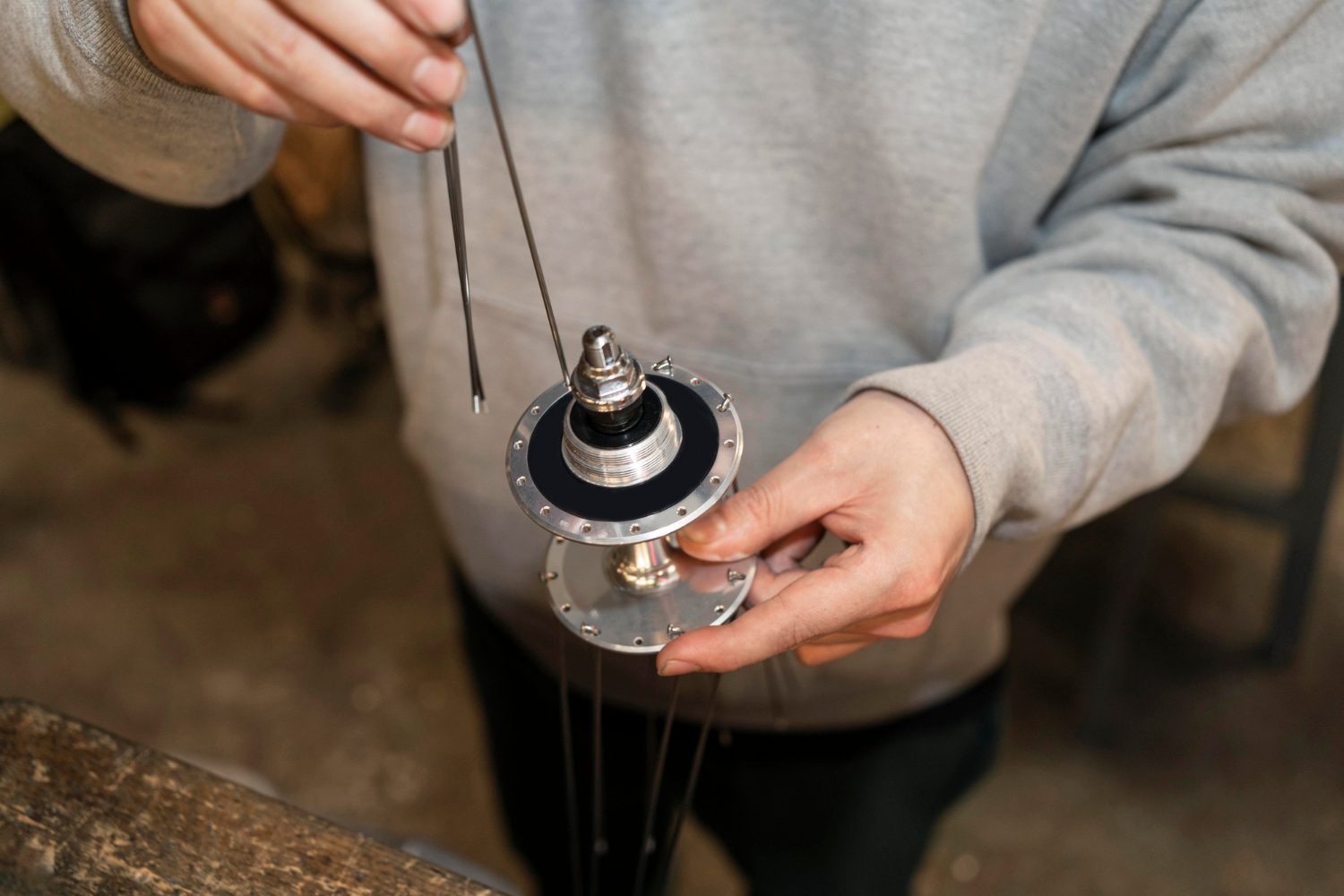G’day mates! If you’re in the 30-55 age bracket and thinking about transforming your garage into a workshop, there are a few key considerations you need to think about, including how to ventilate and secure your space. Let’s dive into how you can choose the right garage door to not only enhance ventilation but also ramp up security in your newly purposed workshop.
Understanding the Importance of Garage Door Ventilation
First off, the air quality in your workshop is critical. A well-ventilated garage is essential, especially when it doubles as a space where you might be dealing with paints, stains, or even just the day-to-day exhaust from your vehicle. The garage can accumulate nasties like carbon monoxide, dust, pollen, and even mould, which is why ventilation is a must.
Why Ventilation Matters
Ventilation isn’t just about airing out the garage; it’s a health necessity. Poorly ventilated spaces can lead to the build-up of harmful substances. If someone in your household has asthma or allergies, you want your workspace to promote health, not detract from it. Good ventilation reduces these risks by allowing fresh air in and keeping pollutants out.
Types of Ventilation Options
When considering ventilation, you’ve got a couple of paths you can take:
- Natural Ventilation: This method uses the natural airflow from opening the door itself. It’s simple but depends on weather and environmental conditions.
- Mechanical Ventilation: If your breakdown of the garage includes high traffic or constant work, mechanical systems, such as exhaust fans, could be the go. They ensure a regular flow of air, independent of external conditions.
Ventilated Garage Door Benefits
Opting for high-performance ventilated roll-up doors is a great move. These doors improve overall indoor air quality by allowing fresh air in while keeping the bad stuff at bay. They’re designed to let in air even when closed, using perforated or fenestrated slats.
Not only do they push fresh air in, but they also get stale air out, reducing the risk of mould growth – keeping maintenance costs down and your workspace healthier.
Securing Your Workshop: Garage Door Security Tips
While ventilation is crucial, ensuring your garage workshop is secure is just as important. After all, your new workshop might house valuable tools and equipment.
Identifying Security Risks
Your garage door can be a bit of a vulnerable spot for unwanted visitors. Here are some security risks to watch out for:
- Hacking: Modern garages often have tech-savvy openers that can be hacked without proper security.
- Physical Damage: Over time, a well-used door might wear down, making it easier to break into.
- Weak Locks: Basic locking mechanisms could leave you open to a break-in.
- Insufficient Security Systems: Without adequate home security, your garage can be a target.
How to Boost Garage Security
Securing your garage is paramount, and there are several ways to beef up security:
- Lock Mechanics: Consider manual locks or deadbolts for when you’re not in the garage. A T-handle garage door lock offers extra protection.
- Advanced Features: Modern systems use rolling code technology, which changes the entry code each time, making it tough for thieves to crack. Automatic deadbolt locks can secure your door further.
- Home Security Integrations: Alarms, CCTV cameras, and motion detectors can all add an extra layer of security, deterring would-be intruders.
The Dual Role of High-Performance Ventilated Roll-Up Doors
High-performance ventilated roll-up doors are the real MVP here, offering both ventilation and security. Made from durable materials, such as heavy-duty steel, they provide robustness against impact and intrusion.
Design and Materials
With interlocking slats, they allow for airflow while maintaining solid protection. Their design not only keeps airflow consistent but also security high.
Durability and Versatility
These doors are built to last, enduring over a million cycles without significant wear. They’re versatile as well, usable as protective walls or even facades.
Maintenance and Safety Tips for Longevity
Once you have your perfect door, keeping it in top condition is vital. Here are a few tips:
- Regular Inspections: Check for wear and tear in components like springs and pulleys.
- Automatic Reverse Function: Test monthly to ensure it stops upon obstruction.
- Sensor Alignment: Keep sensors aligned to avoid operational mishaps.
- Balanced Door: Maintain balance to prevent undue strain on components.
Conclusion: The Functional, Secure, and Comfortable Garage Workshop
Turning your garage into a workshop is a great move, but ensuring it is well-ventilated and secure is even better. By selecting high-performance ventilated roll-up doors and implementing robust security measures, you set the stage for a safe and efficient workspace. Take regular care, perform maintenance checks, and you’ll find this transformation both rewarding and long-lasting. Cheers to a well-utilised space!

